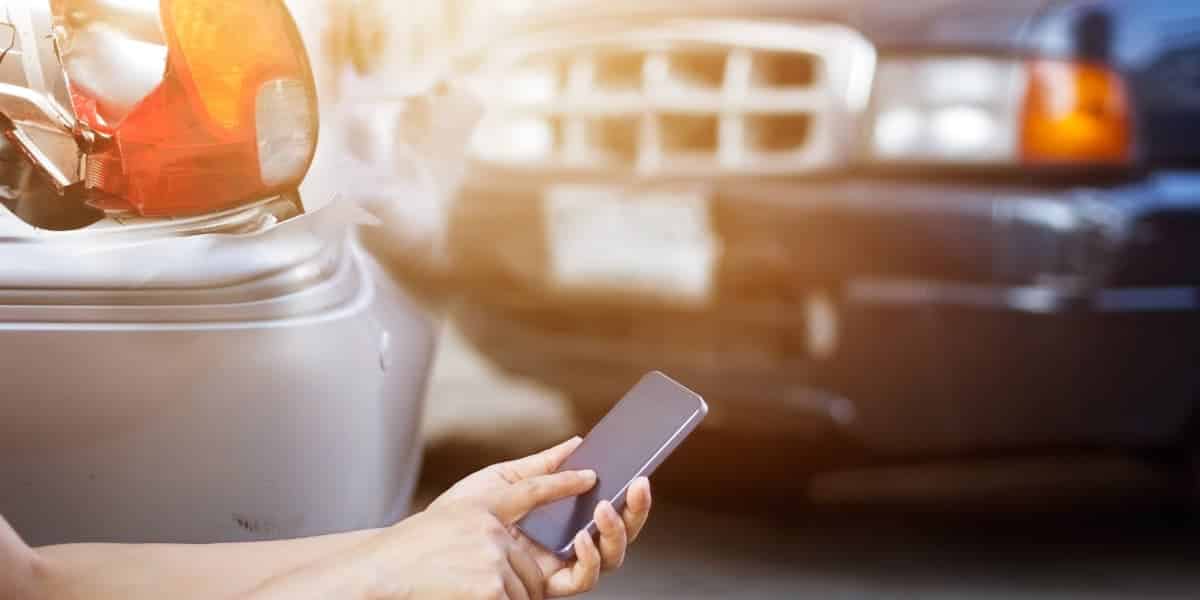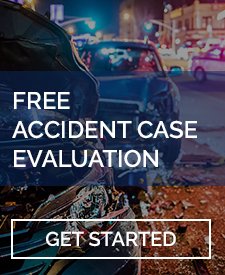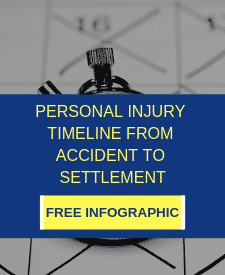The stark reality is that car accident are all too common. In Florida, there are over 650 auto crashes every day. Every. Day. That is an astonishing, and frightening, statistic. In the aftermath of a car accident, your mind is racing. Your heart is pumping. Adrenaline is flowing through your body. It is hard to think clearly or rationally, especially if you are injured.
Use our short post-crash checklist as a reminder of critical steps you need to take – and then take some time to learn more about each step so you know what to do after you’ve been in a car accident. If it happens, you will be prepared.
At-a-Glance Post Crash Checklist
A quick list of things to do after a car accident:
- Stop
- Check for Injuries
- Call 911 or the Police
- Exchange Contact Information
- Document the Scene
- Seek Medical Attention
- Notify Your Insurance Company
- Do Not Agree to a Settlement Offer
- Keep Records
- Speak to a Car Accident Lawyer
Now we will discuss each step in a bit more detail.
1. Stop
Never drive away. Under Florida law, leaving the scene of a car accident is a criminal offense. You may face misdemeanor or felony charges, depending on whether there were injuries or fatalities.
If your vehicle is impeding traffic and you can do so safely, move it to the side of the road. Set up flares and/or turn on your hazard lights.
2. Check for Injuries
Assess your own condition and that of your passengers. Are there visible injuries? If you can safely do so, check-in on the driver/passengers of the other vehicle(s) involved. Do not admit fault or take the blame for the accident. It is often a natural reaction to say, “I’m so sorry – are you all right?”
Apologizing, even if it’s not your fault, can be automatic for some. But it can be viewed by the insurance company as an admission of fault and used as a reason to limit or deny claims. Instead, just ask if they are injured.
3. Call 911 or the Non-Emergency Police Line
Even if the car accident is minor, stay put. You must report the accident if:
- The accident causes $500 or more in property damage to one or both vehicles
- There are injuries or complaints of pain/discomfort
- One or more vehicles had to be towed from the scene
- There was a commercial vehicle involved
- The accident involved a driver who appears to be under the influence of alcohol or drugs
Technically, you do not have to call from the scene if there is no/minimal damage or injuries, but you do have to report the accident within 10 days. However, if there is extensive damage, injuries, suspected substance use, and/or a commercial vehicle involved, call the police immediately. The police will provide you with an accident report number; you can use this to obtain an accident report when they have concluded their investigation.
4. Exchange Contact Information
Give the other driver the information on your proof of insurance card (name, policyholder name, vehicle information, insurance company name, agent name, agent phone number, and policy number. Do not give any personal information, such as your home address. Make sure to obtain the same information from the other driver.
5. Document the Scene
The aftermath of a car accident can be chaotic. Always prioritize safety. If you can do so without interfering with police and traffic, take photos of:
- Each car
- Each license plate
- All vehicle damage
- Skid marks
- Location markers (e.g. street signs)
- Debris from the accident
- Damage to other property
If you have a piece of paper, draw a sketch of the scene which shows the positions of the vehicles, pedestrians, witnesses, street locations, etc. It does not have to be a masterpiece, but get the key details in there.
6. Seek Medical Attention
When you’ve been involved in a car accident, your body releases hormones like adrenaline and cortisol. It’s our fight or flight response, and it is designed to help us power through stressful, frightening situations. A crash certainly applies. These hormones, though, can mask pain. This is why we often feel ok after a minor accident but wake up the next day with aches, pain, and discomfort.
Symptoms may take hours or even days to present themselves; but serious issues like internal bleeding and head, neck, and/or spinal injury can worsen if not treated quickly. Even if you feel all right or perhaps just a bit “banged up,” seek medical attention. This is an important step, too, in receiving appropriate compensation and if you decide to pursue legal action.
7. Notify Your Insurance Company
You must report the accident to your insurance company; many require you to do so immediately. Check your policy and see how long you have. In any case, it’s better to do this sooner rather than later. Give them the details of the car accident as clearly as you can, and do not guess or speculate. Just the facts. They will give you a claim number. Keep this for your records (more on this in a minute).
8. Do Not Agree to a Settlement Offer
Insurance companies are massive profit-generating entities. They want to minimize the amount they have to pay out, so they will often offer a low ball settlement amount. It may seem reasonable at first – but wait. What if your injuries worsen? What if you require more intensive and/or ongoing treatment? What if it costs more to repair or replace your car? What if you are unable to return to work as soon as you expected?
That settlement can be quickly depleted, and you may have financial burdens that you’re left to shoulder. It is best to consult with a car accident attorney before accepting any settlement offer.
On a related note, do not sign anything unless it is from law enforcement or your insurance agent.
9. Keep Records
Keep everything:
- Your photos of the accident scene, vehicle damage, and visible injuries
- Your sketch of the scene
- The other party’s contact/insurance information
- The police report
- All medical records related to the accident
- All bills related to your treatment (e.g., medication, assistive devices, braces, etc.)
- Claim numbers
- A list of everyone you have spoken to (e.g., police, insurance agents, claims adjusters, etc.) and a short summary of your conversations
- All written correspondence from police, insurance companies, etc. related to your accident
- Receipts for expenses related to your accident (e.g., rental car, repair bills, transportation, etc.)
10. Speak to a Car Accident Lawyer
An experienced car accident attorney can help you navigate the long list of things to do after a car accident. From negotiating a fair settlement to arguing your case in court, if necessary, this is an ally who is on your side.
The team at the LaBovick Law Group has decades of experience in personal injury and car accident law. We understand how insurance companies work, and we do not back down when fighting for your rights. If you have been involved in a crash, do not hesitate to contact us for a complimentary consultation.






